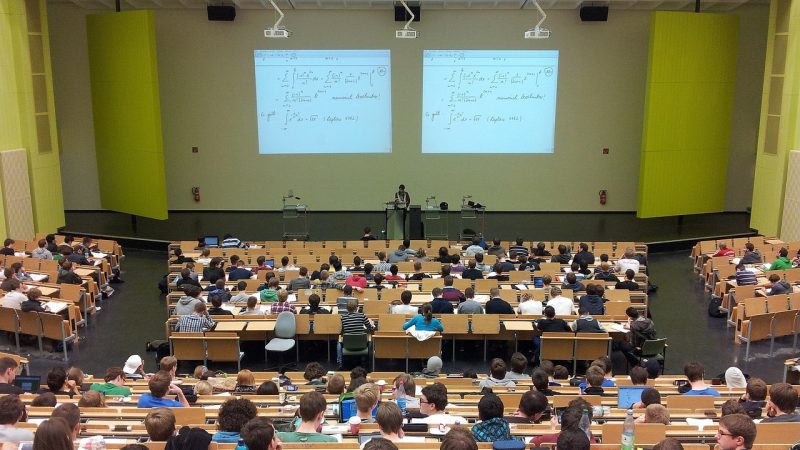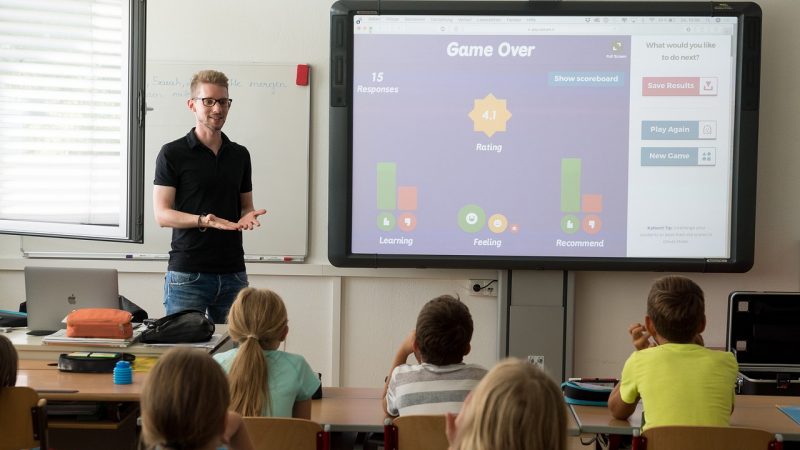Maths is a core subject in school, essential for developing numerical abilities, problem-solving skills and logical thinking. However, it is often viewed as boring or difficult by children. Making maths fun and engaging for kids is crucial to building a positive attitude and enthusiasm for learning. Here are 5 effective ways to add enjoyment to maths lessons for children.
1. Use Games and Puzzles
Games and puzzles are a great way to make practising maths entertaining. Simple games like dominoes and snap can teach numbering, counting and basic operations. Card games involve numerical thinking and strategy. Dice games allow practise of number combinations and mental arithmetic. Puzzles like Sudoku and logic problems encourage logical thinking and pattern recognition.
Making a variety of maths games easily accessible allows children to learn concepts and test their skills in an engaging, competitive way. Games give instant feedback so children can track their progress. The interactive, fun format makes games an ideal tool for reinforcing learning while adding excitement to maths.
2. Incorporate Technology
Children today are digital natives, adept at using technology. Bringing technology into maths lessons can capture interest and help visualise abstract concepts. Online maths games and apps allow customised, interactive practice. Maths software teaches through multisensory methods using animation and sound. Calculators allow children to focus on conceptual understanding and strategy.
Virtual manipulatives, like virtual geoboards, provide an engaging way to explore shapes and patterns. Maths videos make learning interactive and exciting. Technology adds a stimulating digital dimension that caters to children’s affinity for digital media. Harnessing this engages children in maths through mediums they enjoy.
3. Emphasise Real-World Connections
Relating maths to real life helps children see its purpose and practical uses. Discussing examples like temperatures, sports statistics and shopping teaches numeric awareness and mental maths in everyday contexts. Role-play situations involve using maths skills like measurement, counting money and checking change.
Project work allows using maths to analyse real issues like recycling or charity fundraising. Field trips demonstrate maths in environments like factories, farms and museums. Emphasising the applications of maths constructs meaningful connections to numeracy skills. Showing maths in action provides motivation to learn by highlighting its role in life.
4. Make It Active and Collaborative
Active, collaborative approaches appeal to children’s inherent curiosity and social nature. Encouraging movement and communication engages kinaesthetic and interpersonal learning styles. Activities like measuring around the classroom, counting steps and collecting objects add an active element. Games and relays performed in groups encourage teamwork and collective success.
Role-play, presentations and class discussions foster communication about maths concepts. Designing models and artworks involves creativity and collaboration. Partner and small group work provides peer interaction to reinforce learning. A hands-on, interactive environment stimulates engagement and enjoyment in maths lessons.
5. Provide the Right Level of Challenge
Children become discouraged and switch off if maths seems too difficult. But without sufficient challenge, they become bored and disinterested. Providing the right level of challenge is key to making maths fun. Stretching children just beyond their comfort zone promotes growth while avoiding frustration.
Using concrete materials and scaffolds initially builds confidence in tackling abstract concepts. Varying questions and scaffolding up through increasing difficulty sustains engagement. Opportunities for success and praise boost motivation. Mixed ability grouping, extension activities and open-ended tasks cater to varied paces and challenge children at their edge of learning. Adjusting activities to challenge children at their zone of proximal development encourages persistence and enjoyment.
Making maths fun takes creativity and variety in teaching approaches. Utilising methods aligned to children’s interests and learning preferences fosters intrinsic motivation. Games, technology, real-world relevance, active learning and adaptive challenges all contribute to an engaging maths experience. Encouraging a growth mindset focused on effort over innate ability further promotes enjoyment. Making maths fun and rewarding from early on builds the foundation for confident, capable learners.










